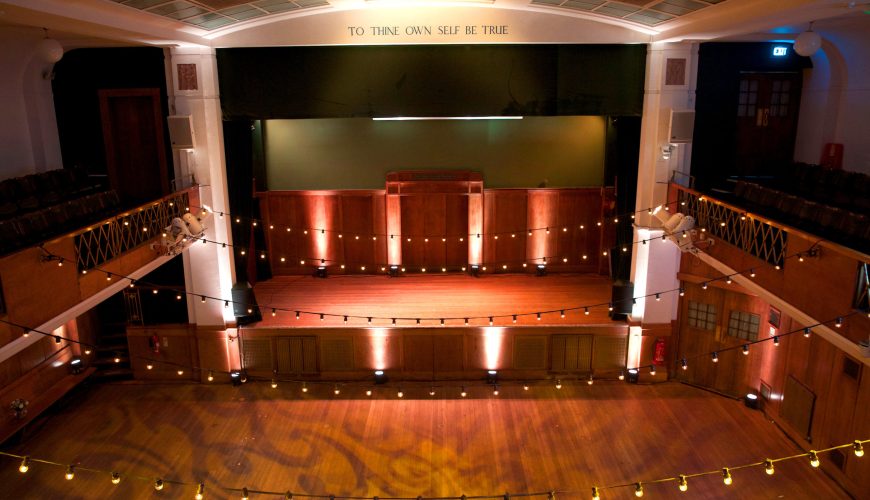Sunday Lecture – The History and Future of Bioethics
25th November 2012 · 11:00am - 11:00am
In person | Virtual event

Since the late 1960s a new field of inquiry has grown up bioethics which examines the ethical social legal and policy issues arising in the life sciences and medicine. While several of the topics which are central to bioethics have a long history (notably abortion euthanasia and the ethical nature of the doctor-patient relationship) bioethics covers a much broader range of issues. From genetic testing to allocation of high-cost medical treatments bioethics seeks to analyse problems systematically drawing on methods from philosophy law the social sciences – and sometimes theology. One of the most challenging issues for contemporary bioethics is the role of religion in public life. Should bioethics be secular either in a weak sense (neutral between the claims of different religions) or in a strong sense (substantively atheist or agnostic)? Are claims about the sanctity of life for instance only intelligible in religious terms? In this lecture I will introduce the field of bioethics and some of its key current debates before turning to the questions : is bioethics secular? Should it be secular? And what are the prospects for a secular bioethics?; Richard Ashcroft is Professor of Ethics at Queen Mary University of London he is a Deputy Editor of the Journal of Medical Ethics and serves on the editorial boards of a number of journals including Bioethics Developing World Bioethics Biosocieties Health Care Analysis and Studies in History and Philosophy of Biological and Biomedical Sciences. He is a member of the Ethics and Policy Advisory Committee of the Medical Research Council Director of the Appointing Authority for Phase I Ethics Committees and a member of the Royal College of Physicians working party on tobacco.; Open to all. No need to book in advance.